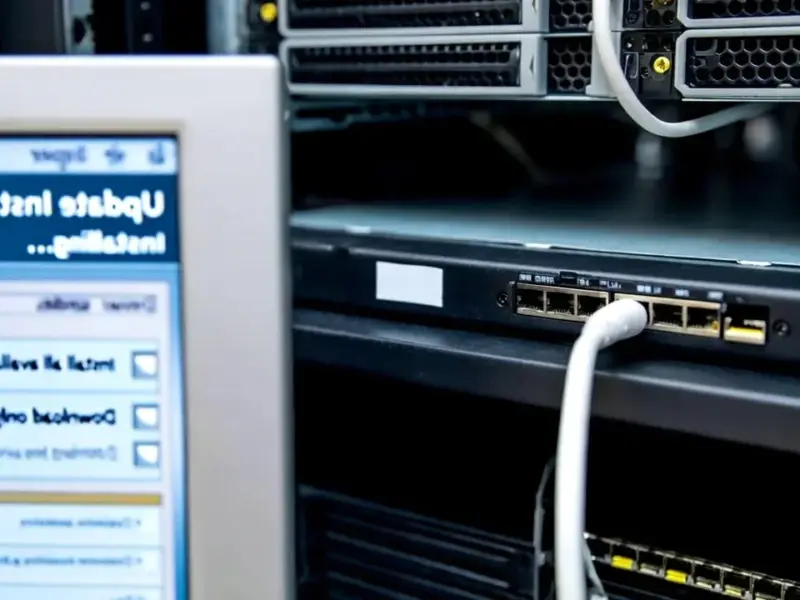According to SpaceNews, Deloitte launched its first hacker-hunting satellite named Deloitte-1 in March, with plans to operate nine total spacecraft over the next 18 months. The consulting firm is testing its Silent Shield cyber defense system in orbit to detect intrusions targeting satellites. Space-related cyber incidents have surged 118% in 2025 compared to 2024, with 117 publicly reported incidents from January through August alone. Bradley Pyburn, a retired Air Force major general now at Deloitte, emphasized that defenders have to be perfect everywhere while attackers only need to succeed once. The system uses out-of-band detection that can’t be used to attack the satellite itself, and Deloitte is testing it against 20 different threat profiles based on the SPARTA framework.
The perfect storm in orbit
Here’s the thing: we’re putting more critical infrastructure in space than ever before, but we’re basically launching computers with solar panels that lack basic cyber protections. And the numbers don’t lie – that 118% surge in incidents is terrifying when you consider how much we rely on satellites for everything from GPS to banking to military operations. The Viasat attack during Russia’s Ukraine invasion showed how devastating ground-based attacks can be, and now companies are worried about ransomware targeting entire constellations. Imagine someone holding your satellite network hostage until you pay up – that’s the nightmare scenario that’s becoming increasingly plausible.
Why ground defenses aren’t enough
For years, everyone assumed protecting the ground stations was sufficient. But that thinking is fundamentally flawed. As Ryan Roberts from Deloitte put it, they kept launching satellites while only focusing on ground security. The asymmetry problem is brutal – defenders have to protect every single access point, while attackers just need one vulnerability. That’s why Deloitte’s approach of putting defenses actually in orbit makes so much sense. Their out-of-band system creates a one-way street that monitors traffic without creating new attack vectors. Basically, even if hackers compromise the detection system, they can’t use it to attack the satellite itself.
The military already knows this is war
When U.S. Space Command’s General Stephen Whiting calls cyber “the soft underbelly of our space enterprise,” you should pay attention. The military treats space as a contested environment because that’s exactly what it’s becoming. Nation states and criminal groups are actively looking for weaknesses, and compliance frameworks like the Pentagon’s CRMC are just the starting line. Timothy Zentz from Nightwing put it bluntly – threats are advancing faster than solutions. The Salt Typhoon campaign that moved from telecom to satellite targets shows how sophisticated these operations have become. We’re not dealing with script kiddies anymore – we’re facing well-funded, patient adversaries who plan attacks months in advance.
The race against time
So where does this leave us? Deloitte’s move is significant because it represents a fundamental shift in thinking. Instead of just checking compliance boxes, we’re starting to actually test defenses in the environment where they need to work. But here’s the worrying part: Zentz expects threats to outpace solutions. We’re adding more satellites, more ground stations, and more complexity every day – which means the attack surface keeps expanding. The question isn’t whether there will be more attacks, but whether we can build systems resilient enough to fight through them when they happen. Because one thing’s certain: the adversaries aren’t waiting for us to figure this out.




